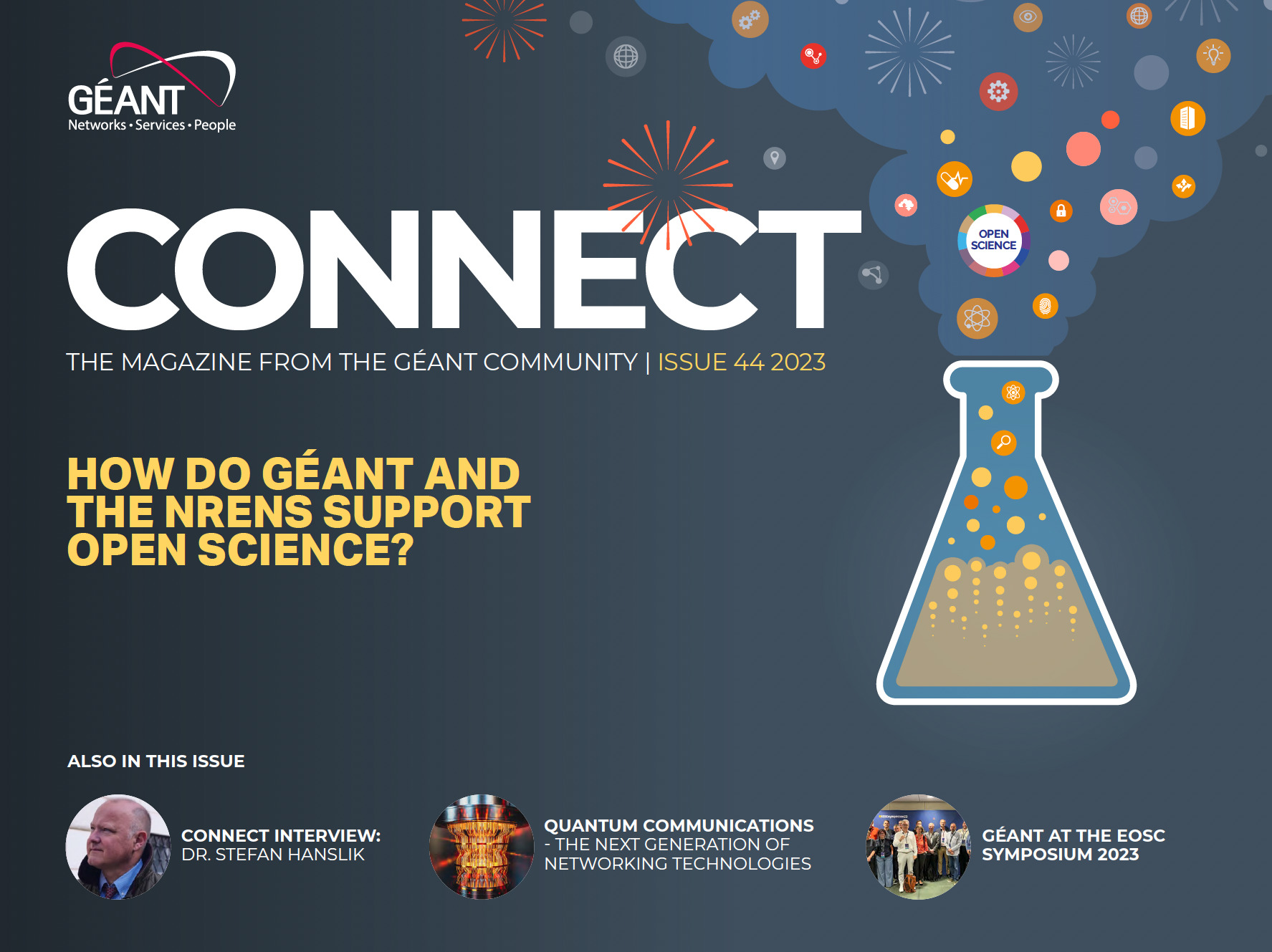
As the membership of eduGAIN and the number of entities within the service continues to grow, it was time to run a check if this foundation was still strong enough.
Using the REFEDS Baseline Expectations whitepaper as a starting point, the eduGAIN Futures Working Group set out to identify room for improvement and created a set of recommendations for the service.
One aspect that was identified for improvement was that eduGAIN itself is slow to make decisions and necessary changes to its service model. With the number of Identity Federations in eduGAIN increasing and the number of Federation representatives growing, the administrative strength of the service actually decreased. This called for a revision of the governance structure and to make that possible the eduGAIN Constitution needed to be addressed.
After consulting the broader community, including members of eduGAIN, REFEDS, and the FIM4R and FIM4L communities the proposal was made to move from a Steering Group including 150 Federation representatives to a model with a small, elected Steering Committee and an Assembly.
The Assembly, consisting of the eduGAIN Delegates and Deputies, will have an oversight role within the service. It is responsible for voting in new Member Federations, voting on changes to the eduGAIN Declaration and Constitution, and voting for membership of the eduGAIN Steering Committee, which in turn will be responsible for developing and maintaining the strategic direction of the service.
Six individuals will be elected to the new eduGAIN Steering Committee of which four must be eduGAIN Delegates or Deputies, whilst up to two of the Steering Committee members can be from the broader eduGAIN community. The Steering Committee Chair will be appointed by the Steering Committee from its membership. The eduGAIN Service Owner, who will act as vice-chair, has an ex-officio role on the Steering Committee.
The benefits of this new governance structure are that decision-making becomes more efficient and the influence of stakeholders increases. With one position on the committee reserved for the Service Owner, results of the eduGAIN task in the GN-projects can be disseminated and the needs of the eduGAIN membership can be more easily adopted by the project in return.
The first task of the Steering Committee is to prioritise the other recommendations of the eduGAIN Futures Working Group, such as updating the service model, implementing a baseline for Federation Operators and monitoring emerging technologies and their interaction with eduGAIN.
With a revised Constitution, eduGAIN continues to be the foundation on which the T&I space is built.

Read or download the full magazine here







